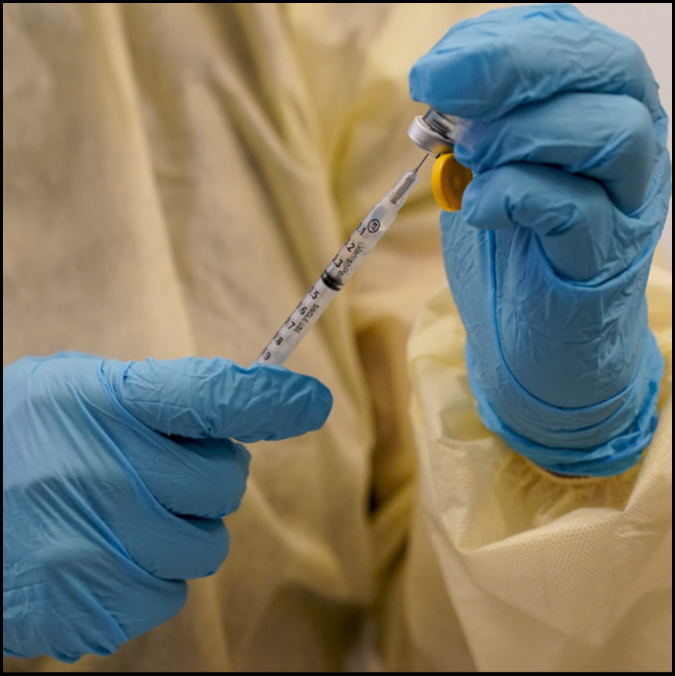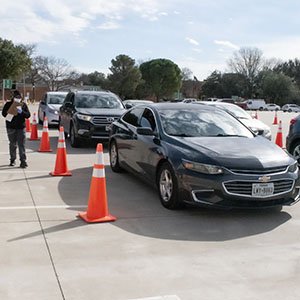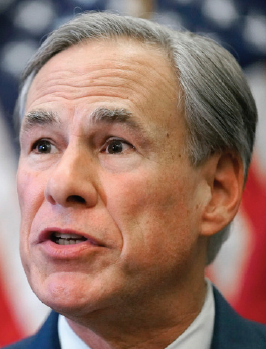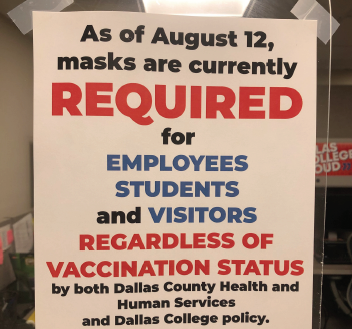Managing Editor Alex Ortuno
A new strain of COVID-19 that has been identified by South African scientists was announced on Nov. 26. The World Health Organization said the variant is now designated as a “variant of concern” and named it Omicron.
After assembling a group of experts to assess the data of the new variant, a spokesperson for the health agency said, “Preliminary evidence suggests an increased risk of reinfection with this variant,” in comparison to other variants. WHO’s COVID-19 technical lead Maria Van Kerkhove noted in a video from the health agency that there are a lot of mutations spotted in the newly found variant and it may take weeks to find out if scientists can assess its possible effects on vaccines.
On Nov. 29, WHO said that there are “considerable uncertainties” about the variant but preliminary data raises the possibility that the mutations can help evade an immune system response and boost its ability to transmit from one person to another.
“Depending on these characteristics, there could be future surges of COVID-19, which could have severe consequences, depending on a number of factors, including where surges may take place,” the agency added. “The overall global risk … is assessed as very high.”
Cases of the new variant have been confirmed in Hong Kong, Europe, Asia, Canada, Australia and Botswana at press time. Several countries have begun placing restrictions on people arriving from South Africa and nations near it such as the United States, Canada, the European Union, United Kingdom, Morocco, Japan and Russia.
Stocks in the United States fell by more than 1,000 points on Nov. 26, according to the Associated Press.
“It seems to spread rapidly,” U.S. President Joe Biden said in a meeting with reporters, only a day after Thanksgiving when travel and gatherings for the holiday involved millions of Americans. In announcing the new travel restrictions due to the variant, he told reporters, “I’ve decided to be cautious.” On Nov. 29, Biden urged more mask wearing and vaccinations.
CDC Director Dr. Rochelle Walensky, urges everyone 18 and older to get booster shots because “strong immunity will likely prevent serious illness.”













